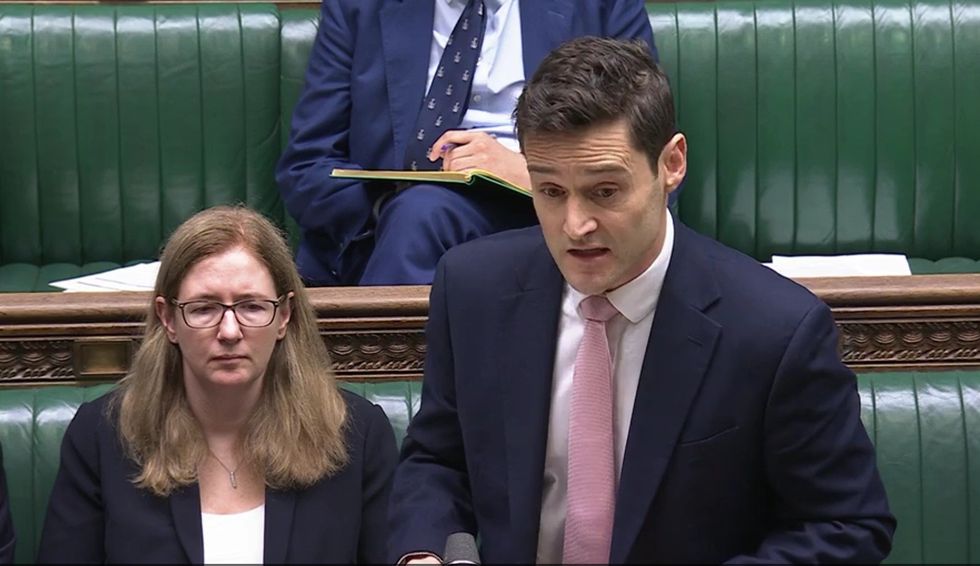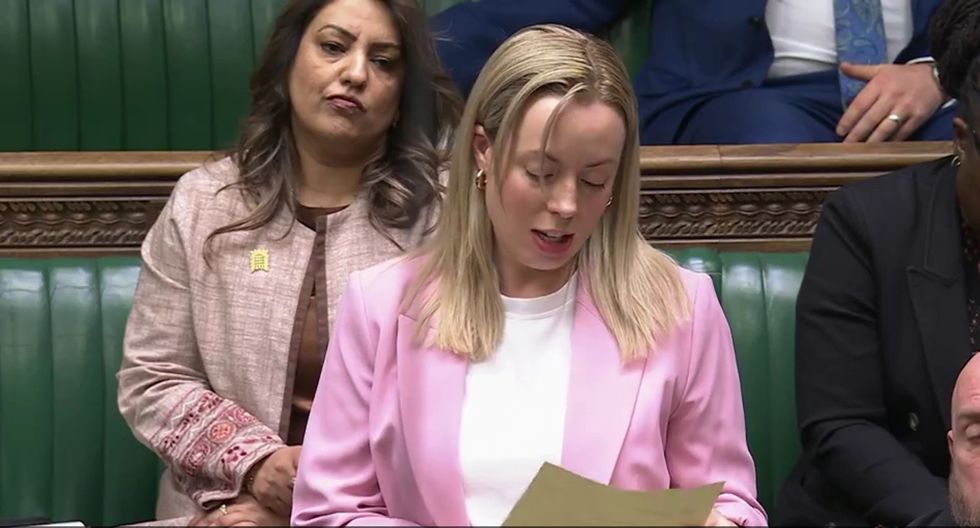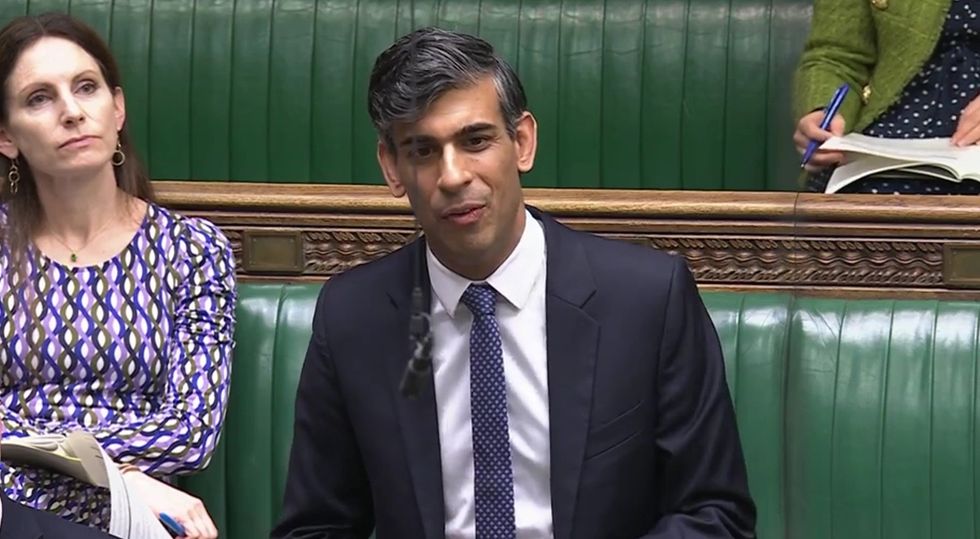The Royal Pharmaceutical Society (RPS) is calling on the Home Office to ban the industrial chemical 2,4-Dinitrophenol (DNP), stating it to be unfit for human consumption.
According to National Poison Information Service report 2020/21, DNP has led to 32 deaths since 2007 among those taking it after being supplied online as a ‘diet drug’.
The main use of DNP is in the manufacture of explosives and pesticides. It can also reduce body fat by speeding up the metabolism and is sold by unscrupulous dealers to vulnerable individuals wanting to lose weight. It is highly dangerous to health and should never be used for weight loss.
Responding to the Home Office consultation on changes to the Poisons Act 1972, RPS urged the government to immediately ban DNP to reduce the danger to the public, to prosecute those seeking to profit from DNP and to encourage other countries to do the same.
Between 2007 and 2020, the UK National Poisons Information Service recorded 138 cases of poisoning due to DNP. Of those who presented at hospital between 2007 and 2019 with a history of having taken DNP, 18 per cent died.
RPS President Professor Claire Anderson said: “We welcome the fact that DNP could be added to the Poisons List, which we have been calling for since 2019. But we believe that DNP should be completely banned and not supplied under any circumstances. There is no legitimate human or animal use for DNP and over the last 15 years 32 people have died from taking it.
“We are concerned that DNP is still in circulation and often targeted to image conscious young people who may want to try quick fixes to improve their body image. Don’t ever believe what you see online about DNP – if you want to lose weight, talk to a health professional instead. You’re dicing with death if you buy DNP online.
“If the Home Office will not consider a ban, then as well as adding DNP to the Poisons List to control its supply, legislation should be passed that prohibits the compounding of DNP. This would make it illegal to put DNP into sachets or capsules for human, animal or agricultural use.”















 Shadow health minister Dr. Luke Evans
Shadow health minister Dr. Luke Evans  Labour MP for Warrington South, Sarah Hall
Labour MP for Warrington South, Sarah Hall Rishi Sunak, Conservative MP for Richmond and Northallerton
Rishi Sunak, Conservative MP for Richmond and Northallerton

